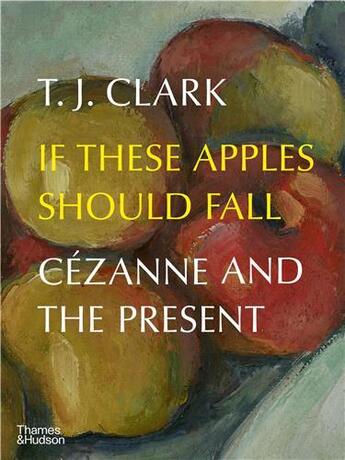Résumé:
A penetrating analysis of the work of one of the most influential painters in the history of modern art by one of the world's most respected art historians.
For more than a century the art of Paul Cezanne was held to hold the key to modernity. His painting was a touchstone for Samuel Beckett... Voir plus
A penetrating analysis of the work of one of the most influential painters in the history of modern art by one of the world's most respected art historians.
For more than a century the art of Paul Cezanne was held to hold the key to modernity. His painting was a touchstone for Samuel Beckett as much as Henri Matisse. Rilke revered him deeply, as did Picasso. If we lost touch with his sense of life, they thought, we lost an essential element in our self-understanding.
If These Apples Should Fall: Cezanne and the Present looks back on Cezanne from a moment - our own - when such judgments may seem to need justifying. What was it, the book asks, that held Cezanne's viewers spellbound?
At the heart of Cezanne lies a sense of disquiet: a homelessness haunting the vividness, an anxiety underlying the appeal of colour. T. J. Clark addresses this strangeness head-on, examining the art of Pissarro, Matisse and others in relation to it. Above all, he speaks to the uncanniness and beauty of Cezanne's achievement.
Donner votre avis















